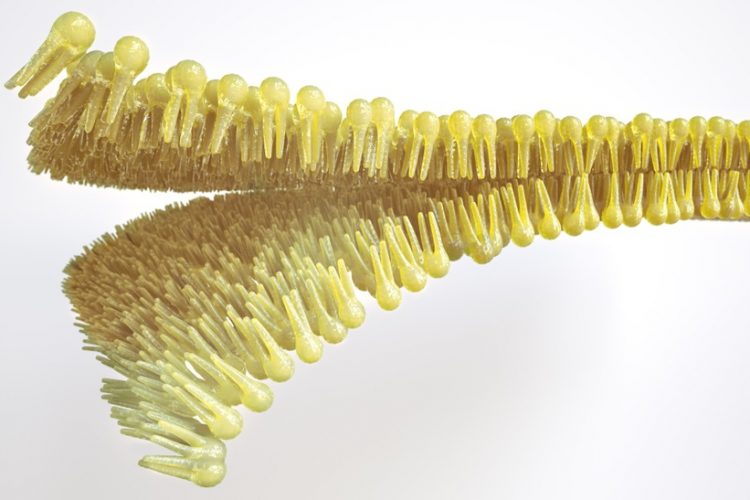Special omega-3 fatty acid lipid plays critical role in the ageing brain
Posted: 5 May 2023 | Izzy Wood (Drug Target Review) | No comments yet
Scientists from Singapore have sought to understand the role of Mfsd2a in brain cells, in transporting lysophosphatidylcholine (LPC), a lipid that contains an omega-3 fatty acid


Researchers at Duke-NUS Medical School and the National University of Singapore, Singapore, have found that a transporter protein called Mfsd2a plays a critical role in regulating brain cells that protect nerves by myelin sheaths. The study, published in the Journal of Clinical Investigation, suggests that the findings could help mitigate the damaging effects of ageing on the brain.
Myelin sheaths, insulating membranes that surround nerves, enable electrical signals to be rapidly and efficiently transmitted through the body’s nervous system. When the myelin sheath is damaged, nerves may lose their ability to function, leading to neurological disorders. As people age, their myelin sheaths may naturally start to degenerate, resulting in a loss of physical and mental abilities.
The researchers sought to understand the role of Mfsd2a in transporting lysophosphatidylcholine (LPC), a lipid that contains an omega-3 fatty acid, into the brain as part of the myelination process. The team found that removing Mfsd2a from precursor cells that mature into myelin-producing cells in the brain led to deficient myelination after birth. Further investigations revealed that Mfsd2a’s absence caused the pool of fatty acid molecules, particularly omega-3 fats, to be reduced in precursor cells, preventing these cells from maturing into oligodendrocytes that produce myelin.
“Our study indicates that LPC omega-3 lipids act as factors within the brain to direct oligodendrocyte development, a process that is critical for brain myelination,” said Professor David Silver, the senior author of the study and Deputy Director of the Cardiovascular & Metabolic Disorders Programme. “This opens up potential avenues to develop therapies and dietary supplements based on LPC omega-3 lipids that might help retain myelin in the ageing brain and possibly treat patients with neurological disorders stemming from reduced myelination.”
The researchers hope to conduct preclinical studies to determine if dietary LPC omega-3 can help to re-myelinate damaged axons in the brain. “Our hope is that supplements containing these fats can help to maintain – or even improve – brain myelination and cognitive function during ageing,” concluded Silver.
Related conditions
Aging
Related organisations
Duke-NUS Medical School, National University of Singapore
Related people
Professor David Silver



